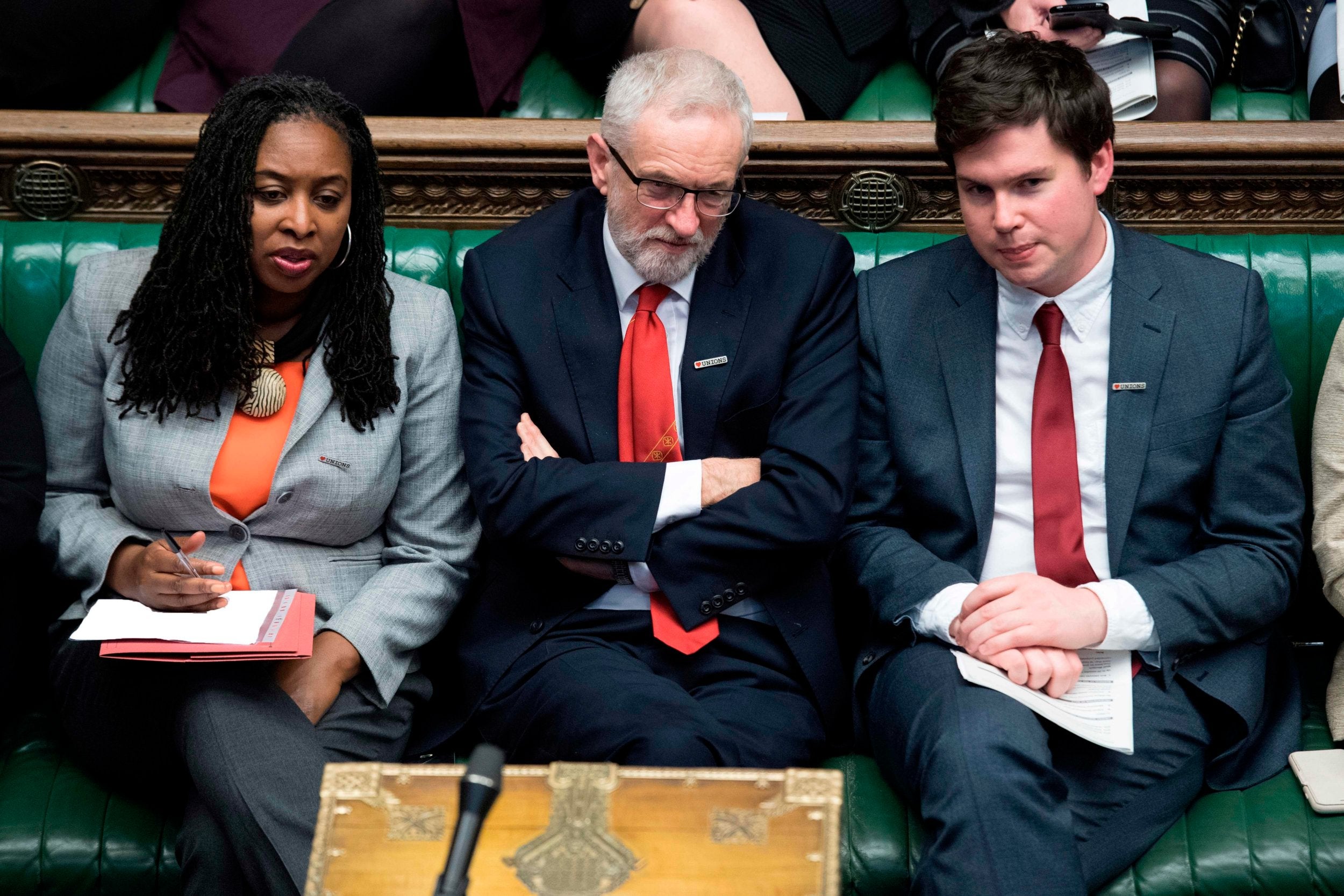Foreign aid budget under threat with looming Tory leadership contest, warns Labour frontbencher
'We know that candidates are trying to appeal to the right-wing core of Tory membership,' says Dan Carden

Vital foreign aid could be cut as Tory leadership rivals push their anti-aid platforms with Conservative members, a Labour frontbencher has warned.
The budget could be used as a “political football”, the shadow international development secretary claimed. It is feared aid could emerge as a pivotal issue in a leadership contest after Theresa May announces her departure date.
The UK is committed to spend 0.7 per cent of gross national income (GNI) on development assistance overseas – £13.9bn in 2017.
It was a target first met by David Cameron’s administration, and one Ms May’s government has remained committed to, despite calls from prominent MPs in the party to scale back the budget.
Speaking to The Independent, Labour’s Dan Carden said a Conservative leadership contest was a real danger to the future of the country’s international contribution.
“I’ve been saying for a while now that when the next Tory leadership race comes about, the foreign aid budget is under a real threat because we know that the candidates standing are trying to appeal to the right-wing core of that Tory membership,” he said. “They are going to be trying to use it as a political football.”
Among those tipped for the leadership of the party once the position is vacant, the former foreign secretary Boris Johnson has previously called for the Department for International Development (DfID), which oversees the budget, to be incorporated into the Foreign Office.
The prominent Brexiteer Jacob Rees-Mogg has also rallied for a cut in the budget, describing it as a “really wasteful approach to government spending”.
Penny Mordaunt, the international development secretary who has positioned herself for a possible leadership contest, has previously described the aid budget as “unsustainable” in its current form during a cabinet meeting. She told colleagues in January that ministers should shift its focus towards attracting private donations, and thereby reducing reliance on taxpayers’ money.
Referring to this, Mr Carden said: “We’ve already heard from Penny Mordaunt ideas about watering down the public contribution of GNI in order to try and use profits from Dfid investments to make up the 0.7 per cent,” he said.
He continued: “Really, in terms of Tory leadership candidates putting themselves forward, if they believe scrapping aid is a popular policy for the Tory party membership then that’s what I’m fearful of.”
“I am concerned that a Tory leadership candidate will be making promises, and using the aid budget... as a political football in that forthcoming Tory leadership race and that certainly does put the whole aid budget under threat.”
“It was David Cameron that had compassionate Conservatism at the heart of his leadership and I think that’s what we’re seen being torn down now by these hard-right candidates that are obviously seeking the premiership.”
Mr Carden’s comments come after he told the National Education Conference in Liverpool earlier this week his party would “do things differently” if Labour was to win power at a general election, including the formation of a dedicated unit within DfID “that focuses on public services”.
“Putting public education systems are at the centre of Labour’s DfID plans is crucial because, when provided free and universally, they are vital to building more equal societies,” he said.
“Unlike privatised systems, public education systems do not discriminate in who can access services, so children from across society can realise their right to the education they need, regardless of their parent’s ability to pay. It’s only through putting people, rather than profit, at the heart of the agenda that will be able to meet the development challenges of our time.”
Join our commenting forum
Join thought-provoking conversations, follow other Independent readers and see their replies
Comments
Bookmark popover
Removed from bookmarks